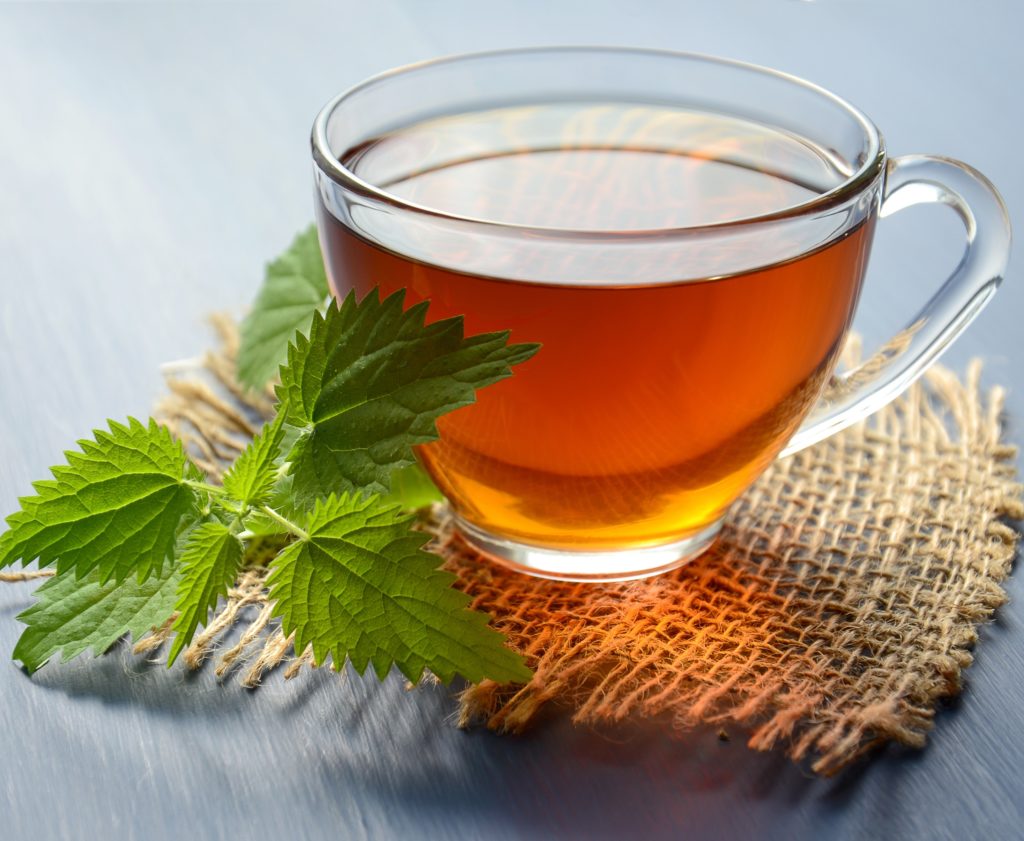
Our Viva 70 friend and Wellness writer, Julia Richards has done it again! Such a timely and relevant article especially for Australians dealing with smoke from the fires. For days on end with thick smoke hanging heavy in the air, many people were forced to stay indoors. It didn’t take long to feel the effects of the smoke- itchy eyes and difficulty breathing. The fire season is not over yet. In this area February is usually a time of extreme heat and fires. Thank you Julia…as always, informative, practical and timely…..
Writing from Yorkshire, England, I’ve been relieved to see on the news that parts of Australia have experienced some much needed rain and even hail over the last week. However, I know that fires are still raging and that in some areas the ones dampened by rain have reignited. This means that there is still a lot of smoke in many areas and this will be affecting everyone, especially those with existing respiratory and heart conditions. Here are some practical things you can do to help reduce the effects of smoke on your body.
How smoke can affect you
Smoke is made up of gases and fine particles produced when materials burn. It’s the particles that cause the main health problems. You’ll know smoke is affecting you if:
- you are experiencing burning watering eyes, a runny nose, excessive or nagging cough, wheezing, excess mucous or having difficulty breathing.
- you have an existing heart disease and are experiencing worsening chest pain, palpitations, shortness of breath or fatigue.
- you have an existing lung disease and are experiencing worsening coughing, mucous, chest pain, wheezing and shortness of breath.
Natural ways to support your health during and after smoky periods
Even after fires have ceased, smoke pollution will still be in the air and smoke particles may still be in your body causing irritation and inflammation. Use the following strategies during and just after smoky periods.
Keep your nasal passages clear
If your nose is itchy, runny or blocked, try:
- Nasal irrigation. This will wash out particles and excess mucous. For instructions on how to do this see here.
- Steam inhalation. Add a few drops of an essential oil to an oil burner / diffuser. If you don’t have one, try adding them to a wide deep bowl of boiled water allowed to cool for a few minutes. Lean over the bowl with a towel covering your head and the bowl and breathe in deeply. You can also put some drops on a cotton pad or handkerchief to inhale. Effective oils include: Eucalyptus; Oregano; Rosemary: Thyme; Tea Tree; Peppermint; Ginger; Cinnamon; Frankincense; Geranium; Nutmeg; Bergamot; and Cypress. You can read about the properties of these here.
Keep your eyes clear
If your eyes are watering, itching or burning, try a Herbal eyewash to soothe and reduce redness and inflammation. Make an herbal tea. Let it cool, then pour into a sterilized eye cup. Place the eye cup over your eye, lean back and make sure the eye gets completely wet. Blink in the tea several times. Useful teas include Calendula (marigold), Chamomile and Eyebright.
Increase your intake of anti-inflammatory foods
Smoke causes irritation in your tissues, which in turn causes inflammation, which in turn irritates your tissues and so on. Increasing your intake of anti-inflammatory foods can be useful. Consider eating more: garlic; turmeric; ginger; green leafy vegetables; oily fatty fish; avocados; nuts; pineapples and beets.
Increase your intake of high anti-oxidant foods
Smoke can cause inflammation through oxidative damage. Anti-oxidants help counter this. Foods to include are: goji berries; blueberries; cranberries; dark chocolate; pecans; artichokes; kidney beans; and green tea A good multi-vitamin that contains Vitamins A, C and E will also be useful.

Drink Herbal Teas
Try the following teas for:
- Clearing excess mucous: Elderflower; Nettle: and Peppermint.
- Stopping a cough: Wild Cherry Bark.
- Soothing an irritated nose, throat or lungs: Marshmallow Root; and Licorice (not if you have high blood pressure).
- Clearing congestion: Mullein leaf; Elecampane.
Note: You need at least three cups per day to make it therapeutic. Please consult your doctor or health practitioner to ensure the herb/s you want to take are safe for you.
Increase water intake to reduce coughing, hydrate your cells and relieve a scratchy throat. See our previous article here on keeping hydrated in extreme weather.
Add more indoor air filtering plants into your home and office
There are a number of indoor plants that can effectively remove toxic chemicals from the air. The Peace Lily is one of the most effective. See here for a list of other useful plants.
Always seek a qualified Medical Herbalist before using herbs.
Always check how the herb interacts with any medication you are taking.

Julia Richards is a qualified Medical Herbalist and Director of Enhance One Limited, a consultancy passionate about helping individuals, groups, families, communities and organisations be the best they can be physically, mentally and emotionally. To achieve this, Julia uses a holistic approach to help you enhance yourself by drawing on her experience and studies in personal development, life coaching, aromatherapy, nutrition, herbal medicine and other wellbeing techniques. Julia helps you design a wellbeing plan that is unique to you and works in a complementary way with your doctor or any other therapist you are seeing to help you make improvements in your health. Julia offers individual consultations and group workshops.
